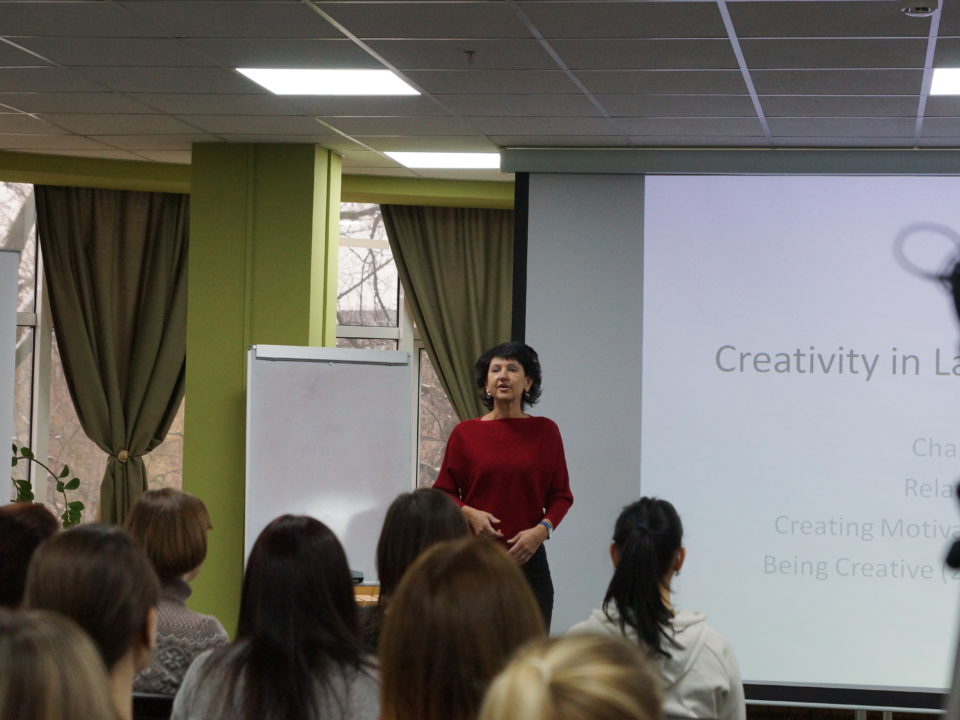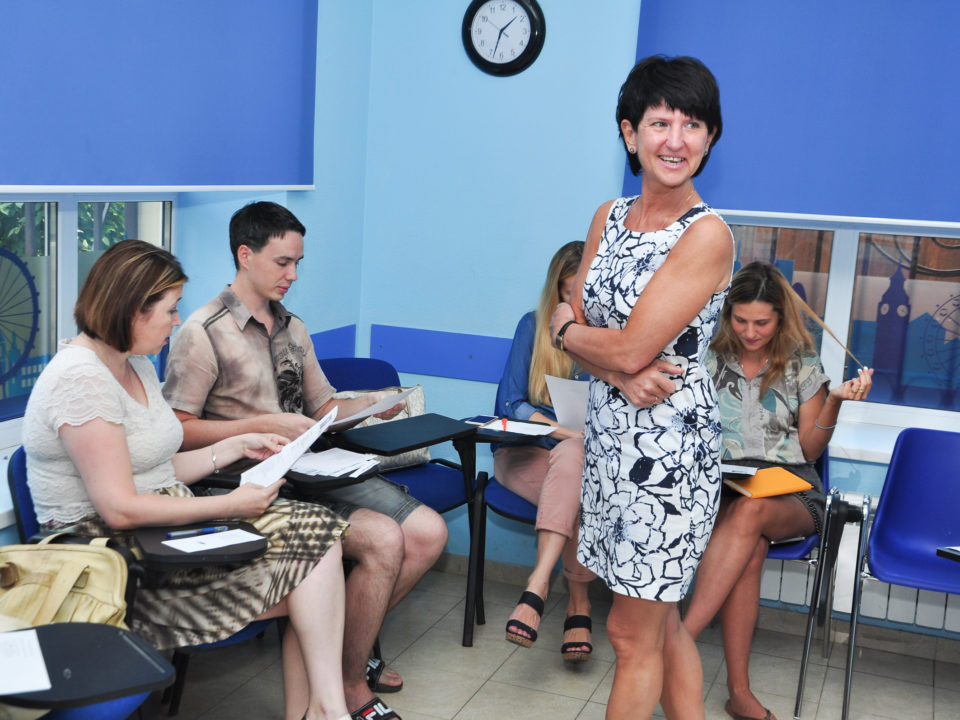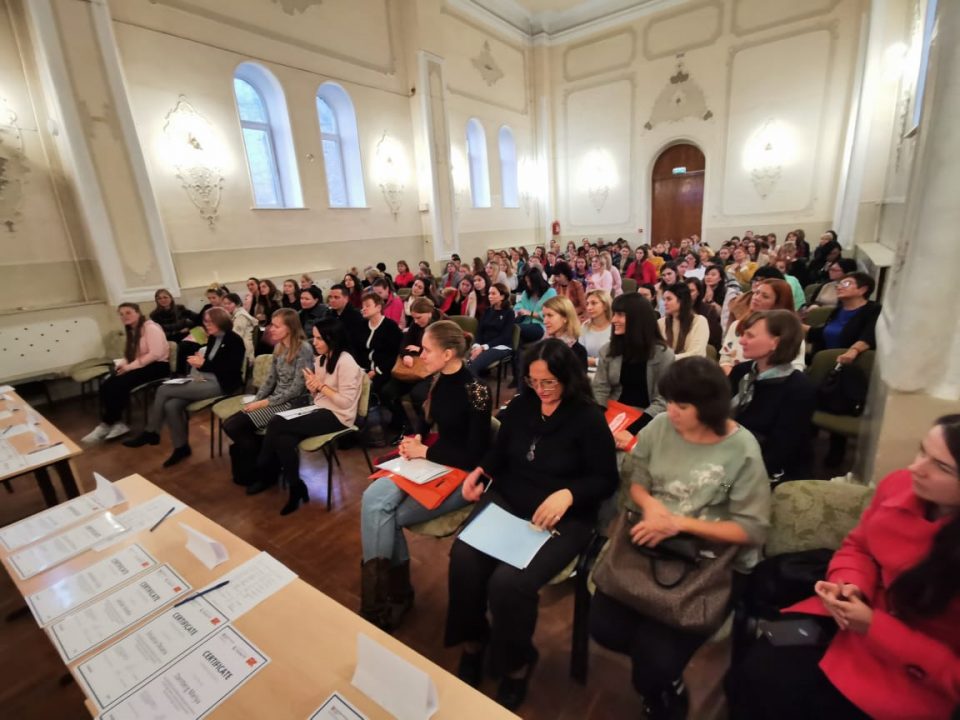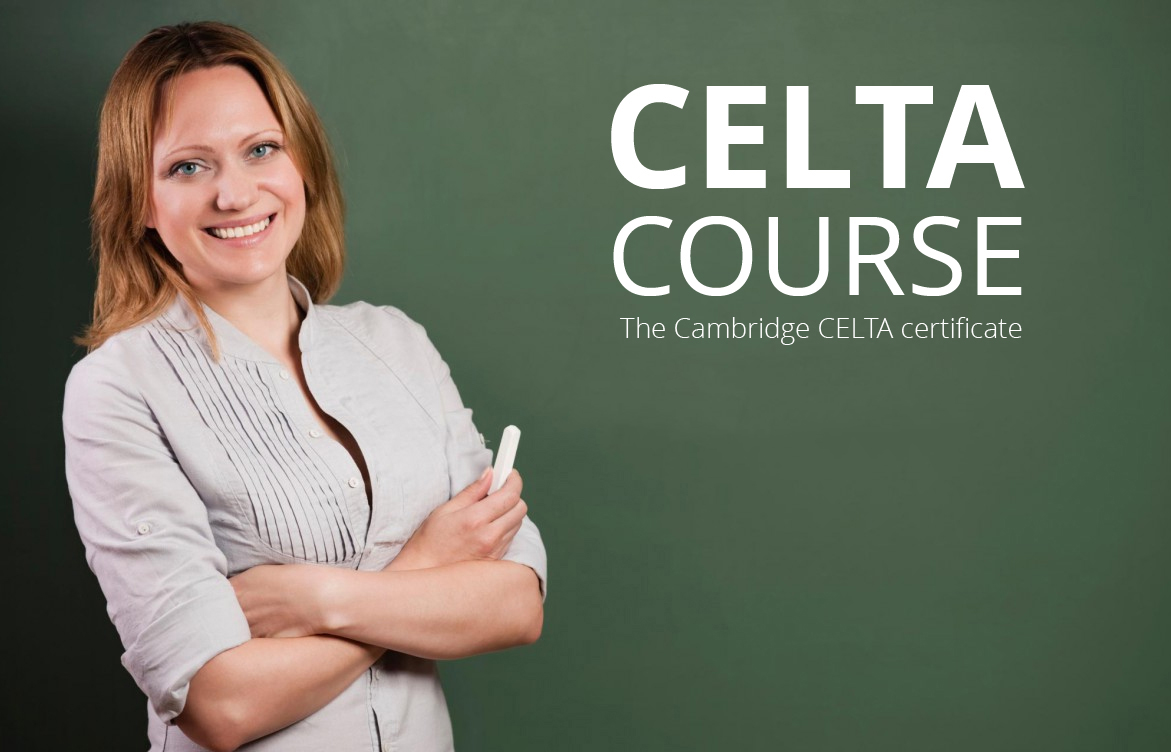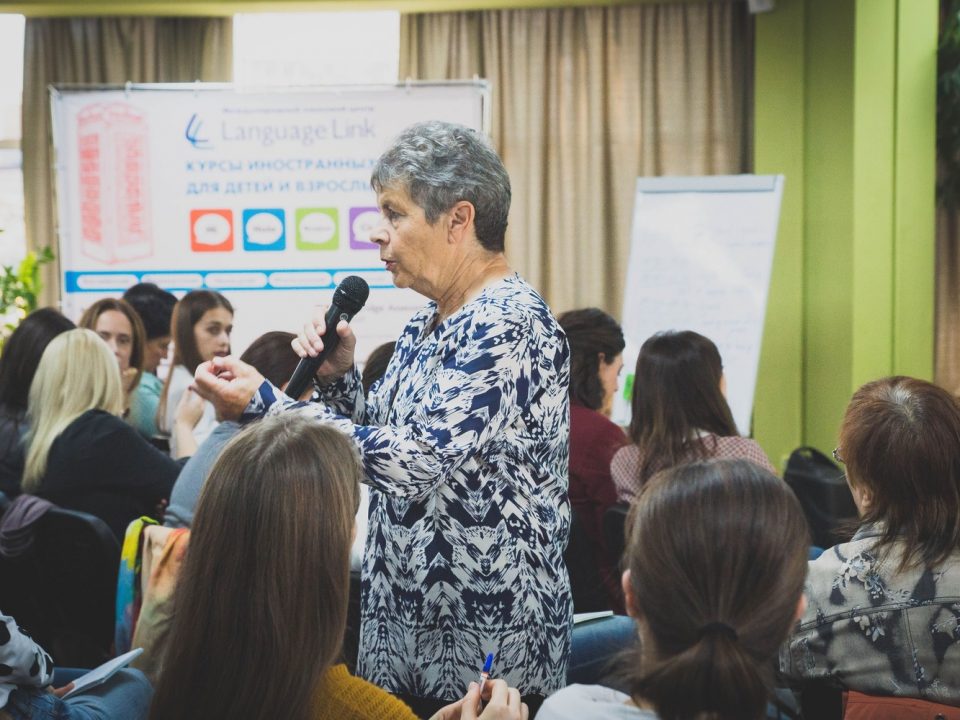Course books: to adapt or not to adapt?
When learning English as a foreign language, hardly ever do students have enough exposure to the language outside the classroom not living in an English-speaking country, whereas English lessons are often restricted to a course book.
Coursebooks are a useful resource for teachers and students, but they frequently contain similar activities throughout their units (e.g. yes/no questions, drilling exercises or matching), which does not always provide the students with varied language practice in class.
The question is if anything can be done to improve the situation. It is one of the teacher’s roles to provide their students with opportunities to participate in a variety of activities with sufficient exposure to and practice of the English language in each lesson and make it an enjoyable experience keeping the students cognitively engaged and actively involved. According to Tomlinson (2015), “nobody has ever managed to acquire the second language without either wanting or needing to” and so the teacher’s approach and the resources that we use play an essential role in creating a reason and a need to use English. Course books do provide us with materials but still it is “a teacher who can best organize the events which turn that material into a real language exchange” (Halliwell, 2014).
The solution to the problem stated is material adaptation. There are several techniques which can be used to adapt a course book:
- adding
- deleting
- modifying
- reordering.
The approach of addition helps to supplement the material given in a course book by putting more into it without changing the activity itself. (McDonough, 2013).
For example, the material contains some practice of individual sounds in minimal pairs (bad/bat, ship/sheep, hat/hate), but there are not enough examples of some difficult sounds for learners with particular L1. Russian students, for example, may need more [θ/s] or [i:/i] practice. Teachers can add some pronunciation games using such books as “Pronunciation games” by Mark Hankock.
Our students may find a new grammar structure rather challenging, so it is a good idea to add some exercises for further practice from such books as “Grammar Games” by Jill Hadfield or “The Grammar Activity book” by Bob Obee.
Also, adding a decent discussion section after presentation and controlled practice can help to reinforce and contextualize the linguistic items covered. Productive tasks should have a clear communicative focus to provide students with a realistic reason to use the target language.
Deletion is a completely opposite process to addition and needs no further clarification as a term. There are different reasons why material should be shortened. For instance, pronunciation exercises practise the sounds our students do not have any problems with. Or there are a lot of students with some specific learning goals like using English in business trips. Some lengthy grammatical explanations and extended practice might seem inappropriate. For such courses certain course book sections might be omitted and more functional language could be added.
Modifying is an internal change in the approach or focus of the exercise. It is also an important technique and can be applied to any section of a course book. (McDonough, 2013). Sometimes reading comprehension questions are written verbatim and do not require real comprehension of a text. This reading task can be modified so that students will have to interpret the text and use their own words to explain what they have read. For example, instead of answering questions students might read two summaries of the text and choose a correct one.
Here are some ideas how course book material can be modified:
students act out dialogues from the book using different characters;
students expand dialogues with personal information;
teachers leave out prepositions, articles, auxiliary verbs from the text and ask the students to fill the gaps;
dictogloss (learners listen to a short text twice and note down key words which are used for text reconstruction after listening);
students write their own comprehension questions to the text and give them to their classmates;
students write definitions to the new words from the text and explain them to their classmates (Harmer, 2015).
The procedure of reordering materials deals with putting parts of a course book, a unit or a lesson in a different order. For example, quite often course books exploit a deductive approach to presenting grammar. It means that first a rule is provided and then it is followed by a set of practice exercises. If a teacher knows that their students might know the rule, they can start a lesson from a practice task to test how well the students know and can use the target language. It will help the teacher to test their students’ knowledge and make decisions about the necessity of detailed language presentation and the amount of further practice. Exploiting inductive approach often helps to engage students cognitively, develop their noticing and critical thinking skills.
There is almost no limit to the number of ways which can be used for course book adaptation. The most important principles of adaptation are providing variety and balance and meeting our students’ learner needs. We must remember that teaching English as a foreign language includes working with all language systems (grammar, lexis, functions and phonology) and all language skills (reading, listening, writing and speaking). We must understand that we teach not our course book or our lesson plan, but we teach our students.
List of References:
– Halliwell, S. (2014). Teaching English in the Primary Classroom. London: Longman.
– Tomlinson, B. (2015). Developing principled materials for young learners of English as a foreign language. In Bland, J. (Ed.),
– Teaching English to Young Learners. Critical Issues in Language Teaching with 3-12 years old (pp. 279-293). London: Bloomsbury
– McDonough, J (2013) Materials and Methods in ELT. (3ed), (pp. 63-67) London: Wiley&Sons
– Harmer, J. (2015). The practice of English Language Teaching (5th edition), (pp 73-85). London: Pearson
– Ur, Penny (2017). 100 teaching tips, London: Cambridge University Press




